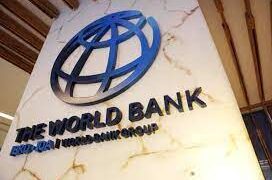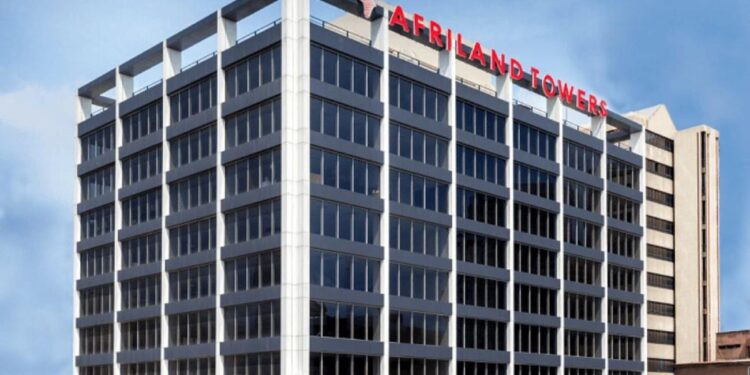By Emmanuel Nduka Obisue
The African Policy and Research Consortium (APRC) has expressed deep sorrow over the tragic fire at Afriland Towers on Lagos Island, which claimed the lives of ten people, including staff of Heirs Holdings and the Federal Inland Revenue Service (FIRS).
In a statement signed by Professor Steve Azaiki, Chief Executive Coordinator of the consortium, APRC said the disaster serves as a stark reminder of the urgent need to prioritize safety and resilience in public spaces.
“The African Policy and Research Consortium mourns the lives lost in the Afriland Towers tragedy and calls for safer and more resilient communities. We stand in heartfelt solidarity with the families, colleagues, and communities now bearing the immense weight of grief. The individuals we mourn were far more than professionals at their desks; they were mothers and fathers, daughters and sons, mentors and friends whose skill, dedication, and spirit enlivened the institutions they served.
“Their absence leaves a void that no ceremony or memorial can ever fill, yet their legacies endure, etched in the collective memory of Nigeria’s civic and economic community. This tragedy compels us not only to reflect but to act, to ensure that measures are put in place to protect lives, fortify safety protocols, and cultivate a culture where human life is honored as the most precious resource,” the statement read.
The consortium compared the Afriland Towers inferno to other devastating fires across the continent, including the 2019 Onitsha Ochanja Market blaze, the Twin Tower fire in Nairobi (2018), and Ghana’s Asafo Market inferno in 1994, stressing that such incidents highlight recurring gaps in emergency response and safety standards.
While commending the efforts of Lagos State Fire and Rescue Service and first responders, the APRC urged African governments to strengthen fire-fighting infrastructure, enforce building safety codes, and work with the private sector to establish higher safety benchmarks.
Afriland Towers, the statement noted, was more than just a commercial hub but a symbol of Nigeria’s modern enterprise. Its tragic fate, Azaiki emphasized, should inspire a collective resolve to prevent avoidable disasters and protect human lives.
Heritage Times HT reports that between 2020 and 2022, Nigeria recorded huge losses of lives, and over ₦1 trillion worth of properties to fire incidents.


































